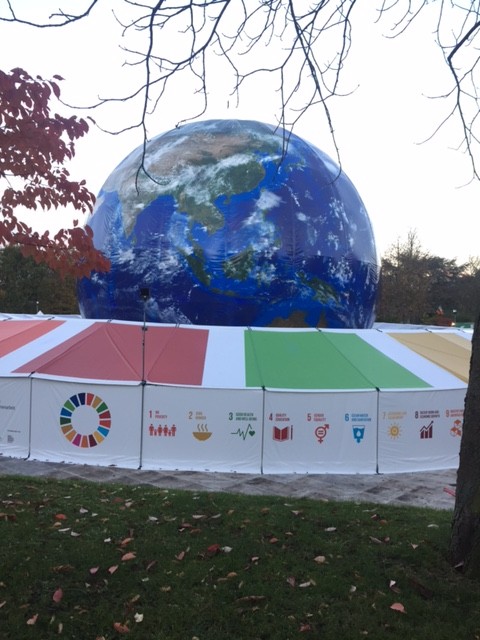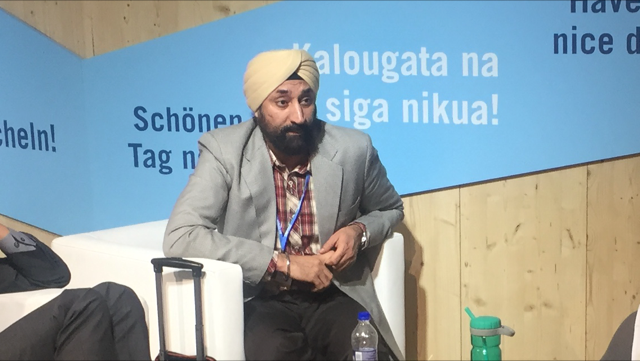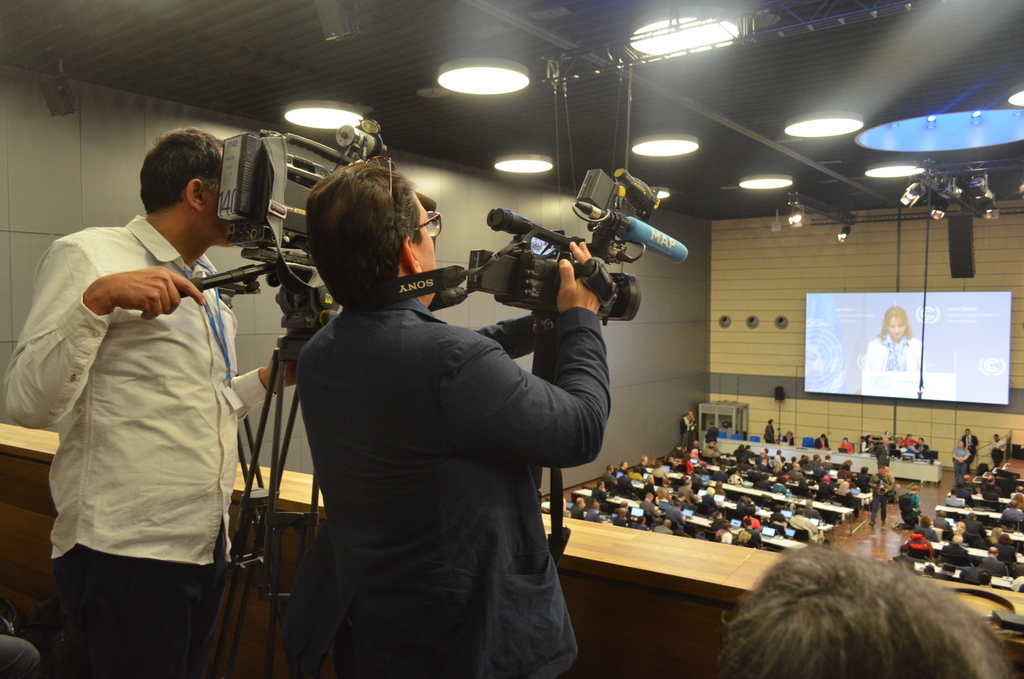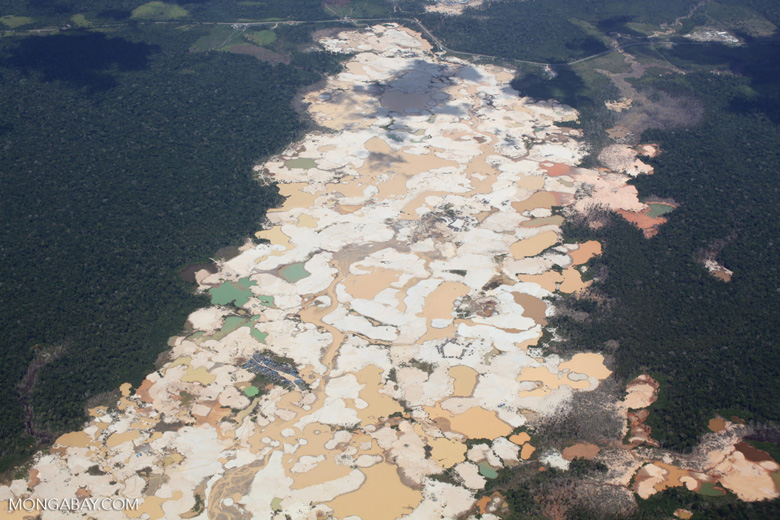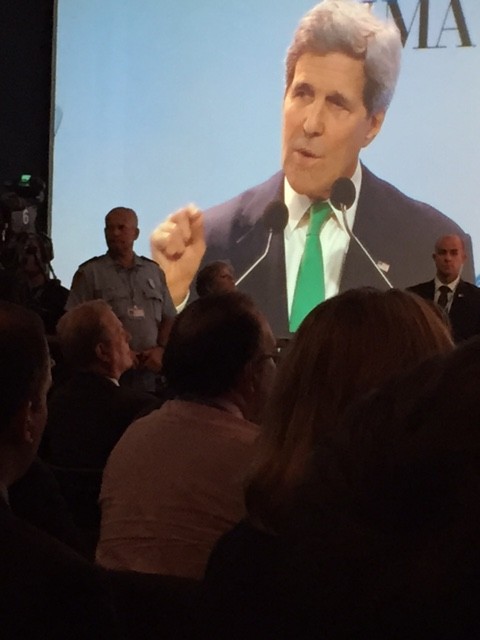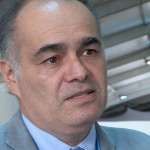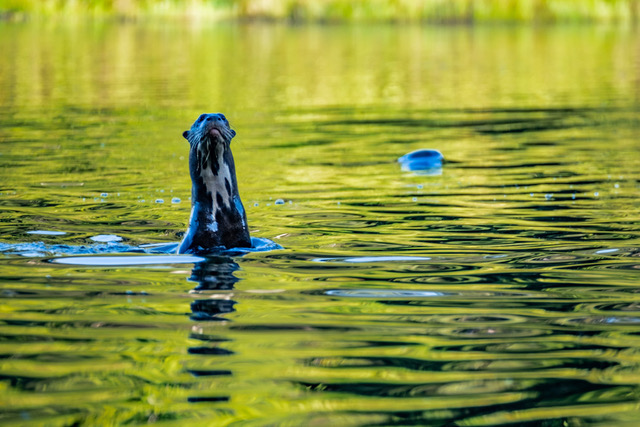
A giant otter in Cashu Lake at Cocha Cashu Biological Station in Manu National Park, Peru. Photo by Jason Houston
In early May 2018, I called Mongabay special project editor Erik Hoffner with a vague idea. I would be spending six weeks in Peru between May 25 and July 5. Most of it would be in the Amazon, save for a week in Lima at the outset. I wanted to write a story that somehow captured the majesty of the Peruvian Amazon and what’s at stake as climate change and assaults such as mining, timbering and extraction put large swaths of the rainforest at risk. I’d be working with environmental photographer Jason Houston.
“I don’t exactly know what I’ll come up with, but I think we have a shot at something unique and interesting.” Erik was familiar with Jason’s extraordinary photography. He said, in essence, go for it.
We did. Here’s the result.
And an excerpt: Eavesdropping on nature from above is an unparalleled thrill. Even more thrilling is understanding the interconnectedness of the forest below, and everything in it; the mutual support and subtle language of various species that keep the forest thriving. Every living thing has a role to play, and it all adds up to provide ecosystem services such as carbon sequestration and cloud production that the developed world depends on, whether we know it or not.
The story turns on a simple premise: A new Peruvian president took power in Lima in April 2018 after the fourth consecutive president had been felled by corruption and scandal. Each promised to protect the Amazon, seeing sweeping environmental laws passed. Yet with only sporadic enforcement in limited areas, Peru has some of Latin America’s highest rates of deforestation. Much is at stake for biodiversity and the health of the planet. That’s the story Jason and I sought to tell in both my words and his powerful photos. Special thanks to Mongabay editor Genevieve Belmaker for her careful editing and layout.
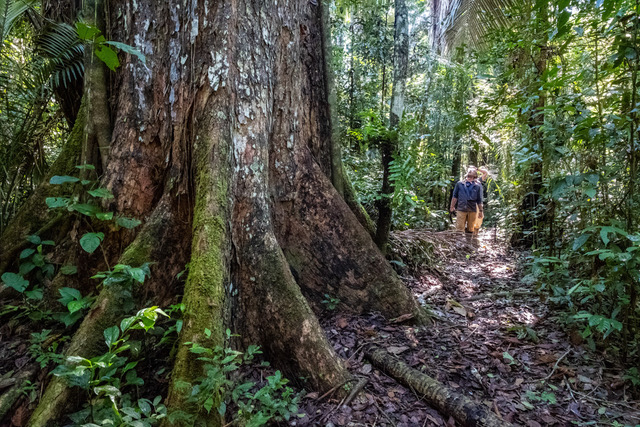
This gigantic mahogany is Cocha Cashu is a rich target for illegal timbering. That’s me in the background. Photo by Jason Houston

